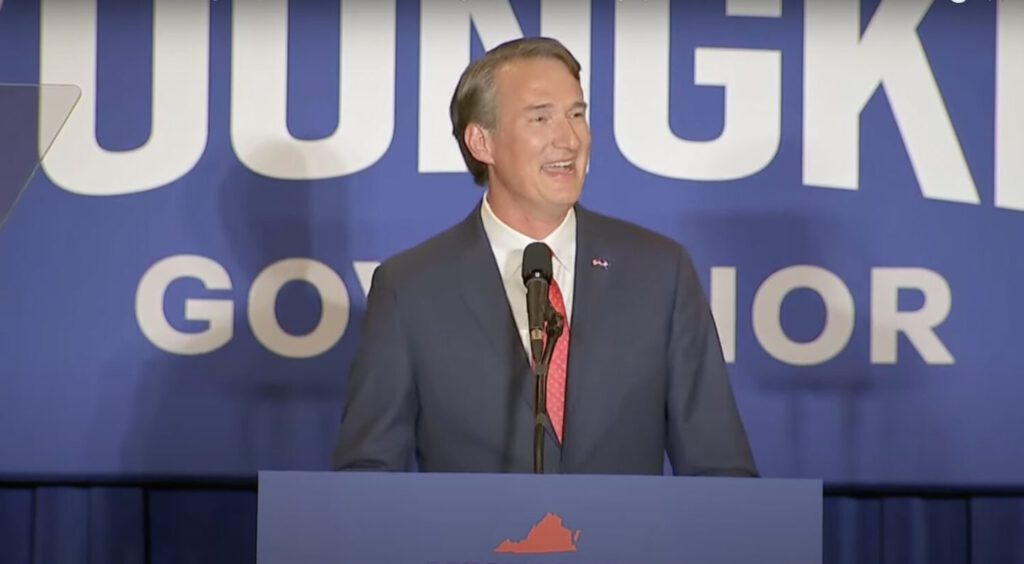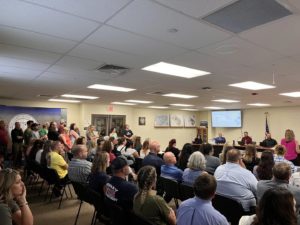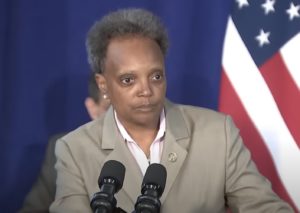Youngkin’s win in Virginia puts educational freedom at the forefront of national politics
This is a pivotal moment in our nation’s politics that will have a lasting impact for years to come.
The political movements of the last two decades could pale in comparison to the effect…

This is a pivotal moment in our nation’s politics that will have a lasting impact for years to come.
The political movements of the last two decades could pale in comparison to the effect parental choice in education can have on generations of Americans. Elected officials, teacher’s unions, and educators with agendas weaponized their positions of power to teach kids radical political positions as undisputed truth. On Tuesday, parents across the country responded with their power — the vote — to take a stand against this and the role the government has played in education.
Republican Glenn Youngkin’s win in the Virginia governor’s race was about freedom in education. It was about parental rights and choice. And while this outcome is politically significant—a way forward for Republicans and a wake-up call for Democrats—Youngkin’s victory signals that education has come to the forefront of our national consciousness.
Former South Carolina Governor and UN Ambassador Nikki Haley summarized the election, saying, “This is parents telling the government: Don’t mess with our kids.”
In a memo sent to donors and supporters, the Republican State Leadership Committee (RSLC) listed education as the top priority for their messaging:
Education – Democrats siding with the teachers’ unions and voting to keep schools closed, protecting critical race theory, and refusing to speak out against attacks on advanced diplomas and higher educational standards.
They were the top-spending Republican committee in the Virginia legislative races.
And with a record turnout, Virginia voters elected a Republican candidate in a state-wide election for the first time since 2009—the same state President Joe Biden won by 10 points just one year ago.
But this election wasn’t about Republicans against Democrats or conservatives against liberals, but instead parents against the indoctrination of their kids. One candidate listened to them, wanted to empower parents, and valued their contributions to public discourse. The other candidate told parents to sit on the sidelines and pipe down. He told them that their frustration and anger were made up. The choice was clear for Virginia parents regardless of political affiliation.
In a year when parents were dealing with another disrupted school year due to controversial Covid mandates—now shown to have set kids back significantly in their education—and with new concerns about what their kids were being taught, the voters have spoken: enough is enough!
Youngkin gained ground on his opponent, former Virginia governor Terry McAuliffe, in the weeks leading up to the election, especially after McAuliffe committed what will be known as one of the greatest political blunders in recent history. During a debate on September 29, McAuliffe stated, “I don’t think parents should be telling schools what they should teach.”
Those words were the beginning of the end for McAuliffe’s campaign. The morning of the debate, he was leading Youngkin in the polls by 3.5%, according to RealClearPolitics. A little over a month later, Youngkin won the election by 2.5%.
While there were numerous policy areas where the candidates differed, it is clear that parental rights and educational freedom proved to be the tipping point.
As parents and political leaders around the country continue to wrestle with the government’s role in education, we look to be at the beginning, not the end, of a significant movement.



